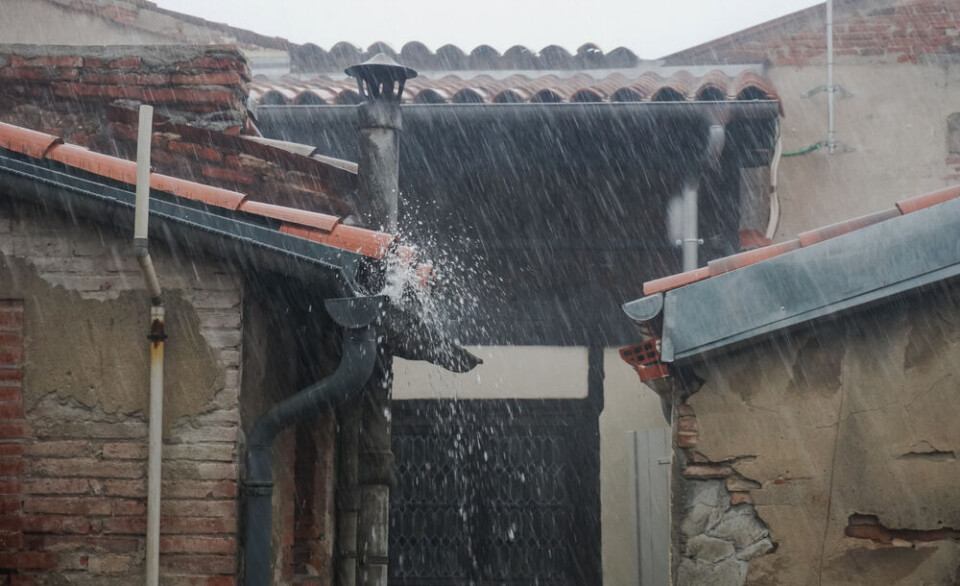-
Explained: The cheapest days of the week to fly to and from France
Tuesdays and Fridays offer the best flight deals in France, according to new ticket analysis
-
Paper version of ‘property use’ form available online in French and English
Property owners who have seen its status change must update information before July 1
-
Low-cost French airline launches Paris - Montréal route
Daily flights are scheduled between the two cities this summer
Second homes in France: Where is most popular?
The Haute-Alpes has the highest percentage of French-owned second homes, with the Var the most popular department in absolute terms - but Paris most impacted by “the Airbnb effect”, figures show.

More than 45% of housing in the Hautes-Alpes is now a “second home” or a holiday home, owned by French people (60,400 homes), followed by 39.4% in Corse-du-Sud (66,159 homes).
The figure is 37.3% in Savoie (192,573 homes), and 35.3% in Haute-Corse (77,716), according to new data published by newspaper Le Figaro, from a report by research firm Elabe for mortgage bank le Crédit Foncier.
Unsurprisingly, second homes in mountain regions are largely used by city residents who want to escape to ski in the winter, but this can lead to areas becoming “ghost towns” out of season - with as many as 89.3% of the houses second homes in ski stations such as Val Thorens or Ménuires, the report said.
Yet, the Var department has the most second homes overall - in absolute figures - with 476,514 properties in the area (25% of its total housing). The department relies heavily on income from la taxe d’habitation, which - as announced in 2018 by then-finance minister Bruno Le Maire - still applies to second homes.
Also popular for French second homes are Lozère (34,657 homes; 32.4% of the total homes), Alpes-de-Haute-Provence (75,639; 31.6%), Pyrénées-Orientales (217,345; 28.7%), Aude (167,957; 25.5%), and Ariège (70,830; 24.7%).
Second home cities
On a city-wide level, Paris is the most-affected in France by second homes (112,650 properties; 8.2% of total properties), followed by Agde (33,193; 69.1%), Cannes (30,808; 42.9%), Nice (30,084; 13.2%), and Antibes (21,090; 34%).
While Paris is an unlikely destination for most French people to take their holidays - with most choosing to escape the city for a break - the figures suggest that this is due to the “Airbnb effect”. Many renters are declaring their properties as “second homes”, as they are being rented to visitors and tourists throughout the year.
According to a study by estate agent Savills, which works with Airbnb-style rental company HomeAway, the growth of these kinds of properties is responding to property owners’ increased desire to own a home that is not their main residence, and rent it out when they are not using it.
The study showed that in 2008, 80% of property owners had never rented out their second home, but today, more than 60% say they have done so.
While Airbnb remains controversial among hoteliers, the trend suggests that the ability to rent property easily - with owners keeping the majority of that rental income - means that more and more people can afford to own second homes, leading to continued growth and democratisation of the market.
Stay informed:
Sign up to our free weekly e-newsletter
Subscribe to access all our online articles and receive our printed monthly newspaper The Connexion at your home. News analysis, features and practical help for English-speakers in France
























